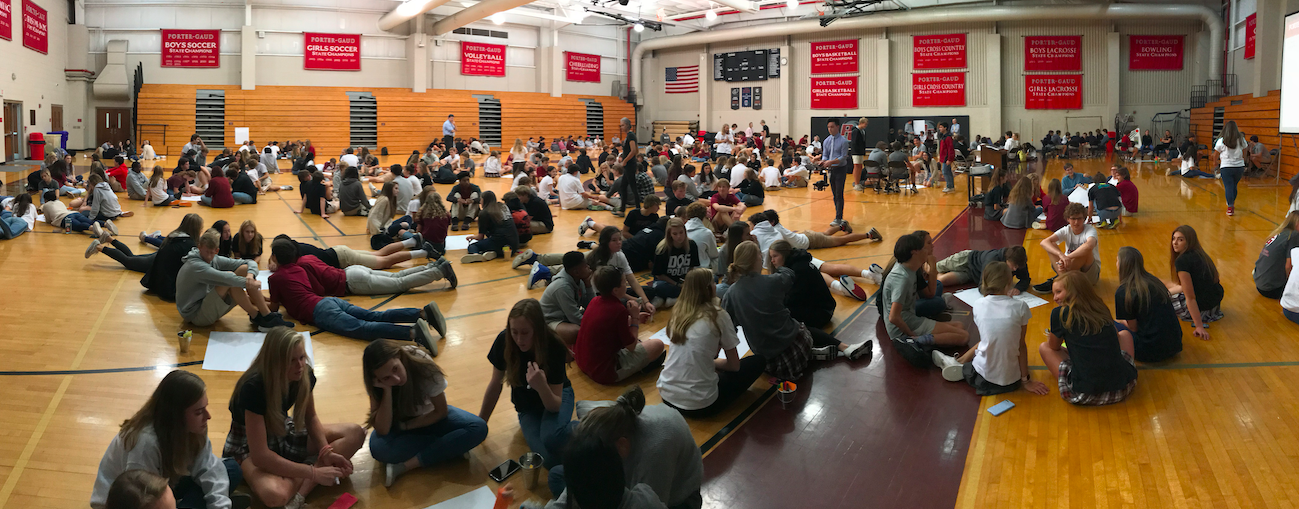Walmart is always looking at ways to reduce expenses, to find that fraction of a penny of cost reduction that will translate into millions of dollars of worldwide savings. They looked at how macaroni and cheese is packaged and challenged their principal suppliers to reduce the size of the cardboard box. The principal cost savings came not in reducing the amount of cardboard, but in the diesel fuel to truck the boxes to all their retail outlets. They have saved millions in fuel cost.
Code-writing boot camps in the San Francisco Bay Area provide intensive 12-week courses in computer programming; the demand for web developers with these skills is insatiable and starting salaries for a good code writer is $80,000. Typical tuition for the course runs $12,000. One such camp is waiving tuition, charging instead 15% of their graduates’ first years’ salary. So far they report they have not failed to receive compensation from a single student.
Over the last three weeks I have met with close to 500 independent school business officers, admissions officers, faculty, and students, and in every session I ask them to ask questions that start with “what if” and challenge, break, or discard major elements of their schools. They have generated hundreds of such questions, any one of which might shift the revenue, cost, or value equation of their organization.
Hopefully there is no mystery in how the preceding three paragraphs are related!
Some key thoughts from this whirlwind of interaction:
- Few, if any, of the hundreds of “what if” questions these groups generated in a matter of just a few minutes are investigated in any detail in most schools’ strategic planning discussions.
- Business officers, students, admissions officers and faculty were all equally able to ask intelligent questions about finance, pedagogy, operations, facilities, and marketing.
- Many expressed frustration that they are pigeonholed into job-specific silos and are not allowed to engage in critical interdisciplinary discussions.
- Zero-based strategic planning, or even better, zero-based strategic thinking, should replace traditional strategic planning (this care of the NYSAIS business officers).
For more on the power of “What If” (Questions are the waypoints on the path to wisdom) see the chapter on The Art of Questioning in The Falconer.





Leave A Comment